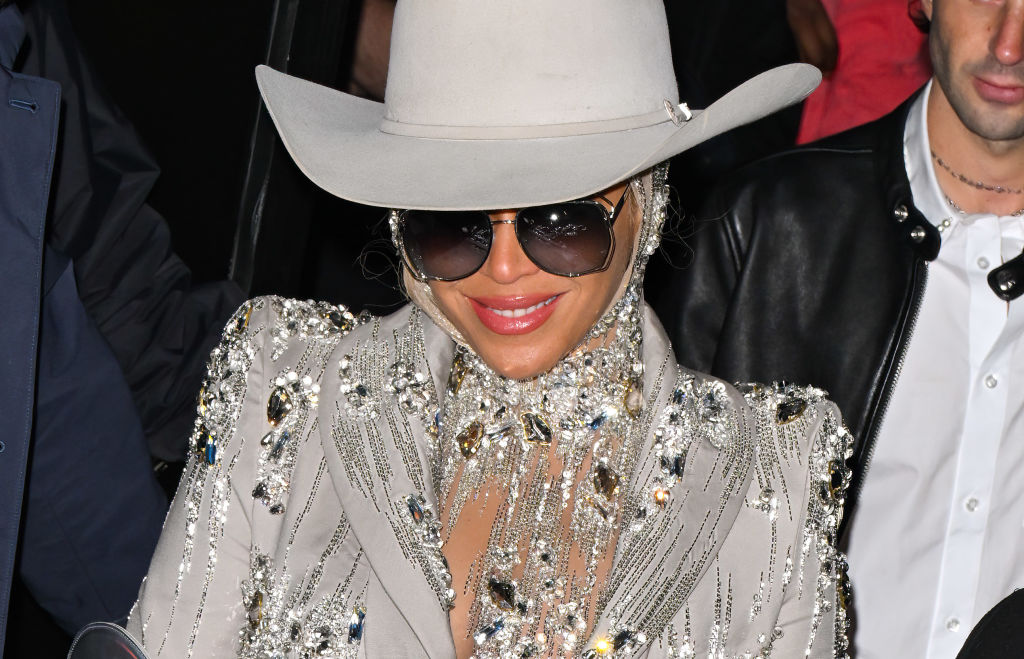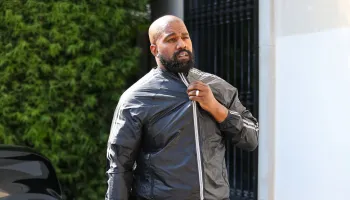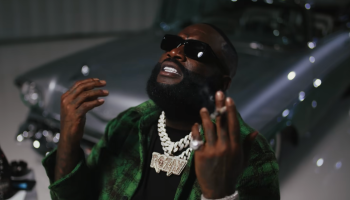
Source: James Devaney / Getty
A country radio station in Oklahoma is finding out exactly why you don’t play with the Bey Hive after going viral for refusing to play Beyonce’s new country release, “Texas Hold ‘Em.”
The backlash occurred after a fan took to social media to share the response from SCORE following his online request to radio station KYKC, which read: “We do not play Beyoncé on KYKC as we are a country music station.” The small country music station in Ada, Oklahoma received an onslaught of complaints for the refusal to play Beyoncé’s debut tracks from Act II and was forced to change its tune fans called out the station for playing a role in keeping Black artists excluded from the genre.
KYKC-FM confirmed that they added the song to its country playlist, noting that it was also included in the playlists of two other stations it oversees, KCFC-FM and KADA-FM.
Roger Harris, a general manager for South Central Oklahoma Radio Enterprises, stated that the reply was a “standard reply” since KYKC doesn’t [usually] play her music — noting that two of its other stations do. In addition, Harris said KYKC wasn’t aware of the two new country songs and didn’t “even have the song” at the time of backlash, but after emails, calls, and more requests flooded the station about the song, Harris said they made an effort to track it down, listened to it, and agreed that it sounded “country.”
“While Beyonce’ has long been prominent on our playlists for SCORE radio stations KADA and KXFC, she has not been traditionally considered a country music artist,” Harris wrote. “While we were briefly unaware of the rapid success of her recently released country music offerings, her new country music offerings were added to our KYKC playlist this morning.”
Beyoncé isn’t the first artist with an R&B, Hip-Hop, and Pop background to step into country music. Back in 2019, Lil Nas X’s viral hit “Old Town Road” was disqualified from the Billboard country charts for “not embracing enough elements of today’s country music”, despite going on to make history as the highest-certified song in history.
















